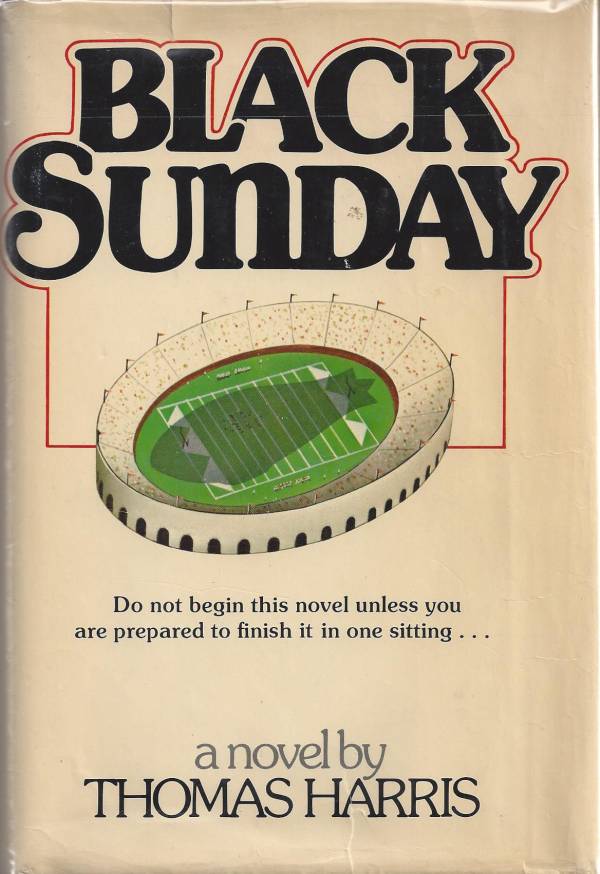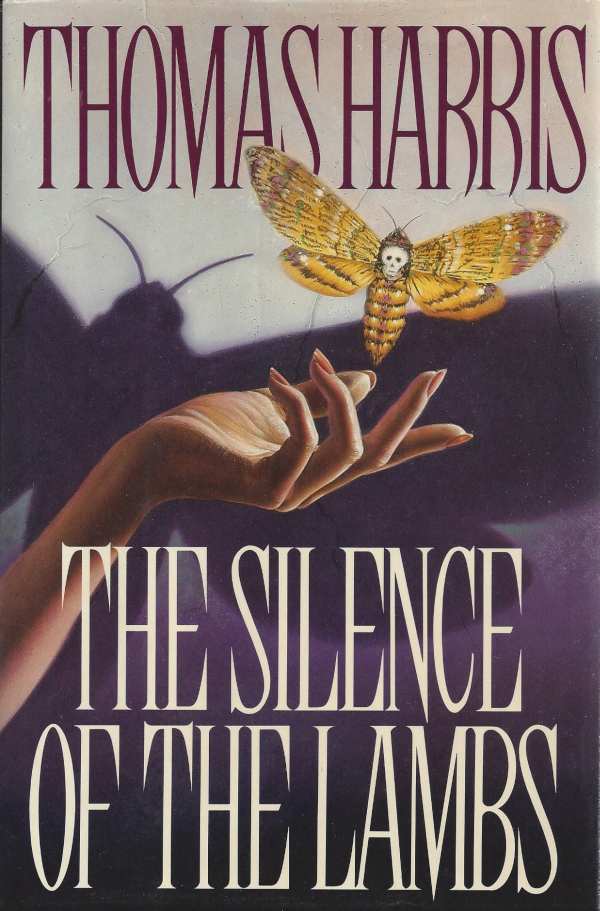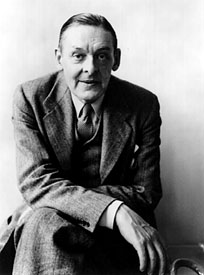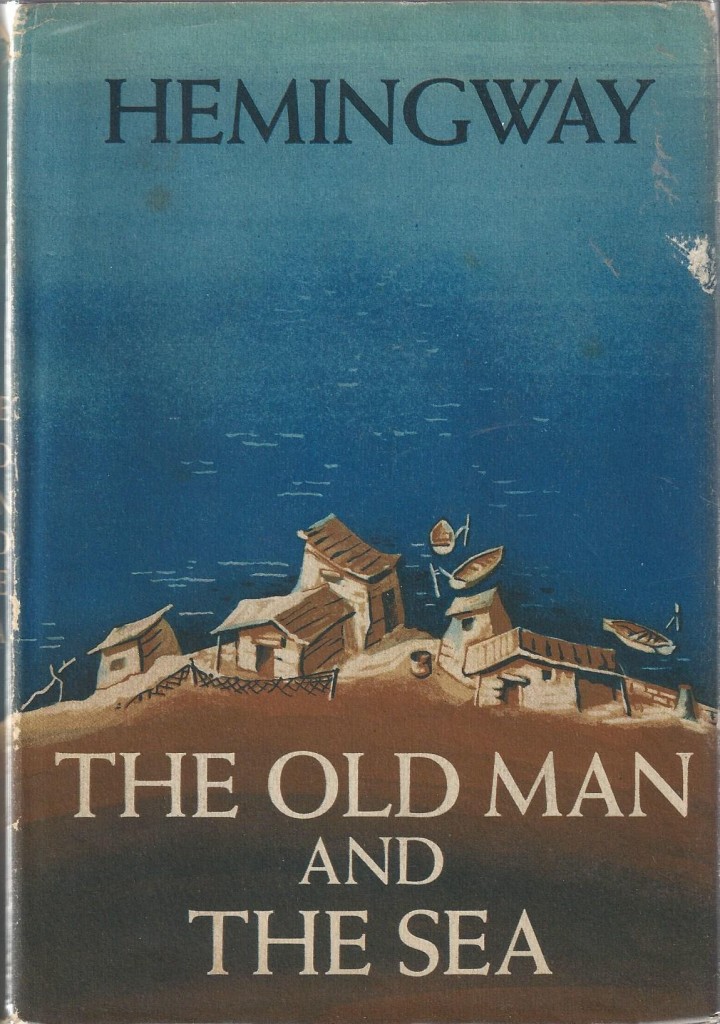 The Old Man and the Sea by Ernest Hemingway. Scribner and Sons, 1952.
The Old Man and the Sea by Ernest Hemingway. Scribner and Sons, 1952.
The Old Man and the Sea first appeared as a 20-page insert in the September 1, 1952 issue of LIFE magazine. After Hemingway’s friend and Broadway producer Leland Hayward talked about the novel with enthusiasm at a LIFE editorial lunch, Hayward sent a manuscript to the editorial board at LIFE. Hemingway believed so strongly in the story of The Old Man and the Sea that he agreed to release the novel through a LIFE magazine insert two weeks before the book’s release.
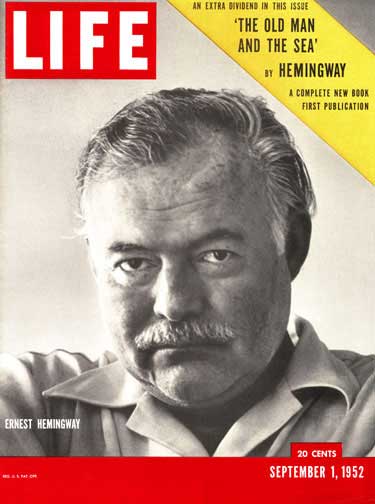 Hemingway wrote to Daniel Longwell, LIFE Editorial Board Chairman:
Hemingway wrote to Daniel Longwell, LIFE Editorial Board Chairman:
“Don’t you think it is a strange damn story that it should affect all of us (me especially) the way it does? . . . I’m very excited about the book and that it is coming out in LIFE so that many people will read it who could not afford to buy it.”
Five million copies of the magazine sold within two days. Two weeks later the novel was issued in book form with a first edition printing of 50,000 copies and a simultaneous Book of the Month Club publication.
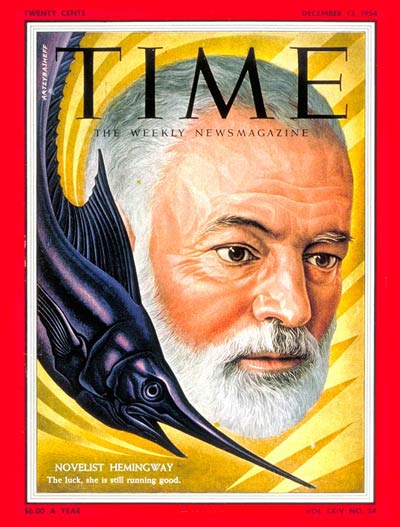 After winning the hearts of Americans, the Pulitzer and Nobel Prizes, Hemingway reflected on the novel in a December 1954 interview with Time magazine:
After winning the hearts of Americans, the Pulitzer and Nobel Prizes, Hemingway reflected on the novel in a December 1954 interview with Time magazine:
“‘No good book has ever been written that has in it symbols arrived at beforehand and stuck in,’ says Hemingway. ‘That kind of symbol sticks out like raisins in raisin bread. Raisin bread is all right, but plain bread is better.’ He opens two bottles of beer and continues: ‘I tried to make a real old man, a real boy, a real sea and a real fish and real sharks. But if I made them good and true enough they would mean many things. The hardest thing is to make something really true and sometimes truer than true.'”
Collectors of fine first editions should look for Scribner’s seal and the letter “A” on the copyright page as the notation for first printing. Be aware of the Book of the Month club edition: the jacket will be missing the $3.00 price and “Book of the Month” will be noted; there will also be a nick or embossment on the bottom right of the hardcover, near the spine. Signed editions greatly increase the value of the book.
See all of Lemuria’s first editions by Hemingway here.
Written by Lisa Newman, A version of this column was published in The Clarion-Ledger’s Sunday Mississippi Books page.









